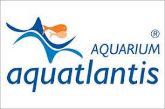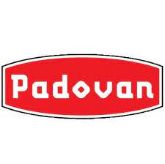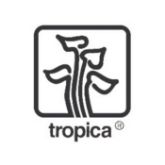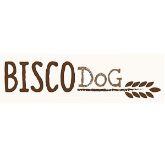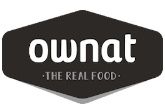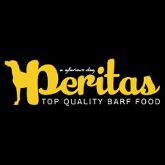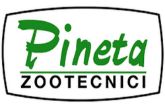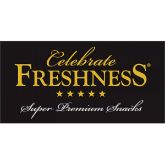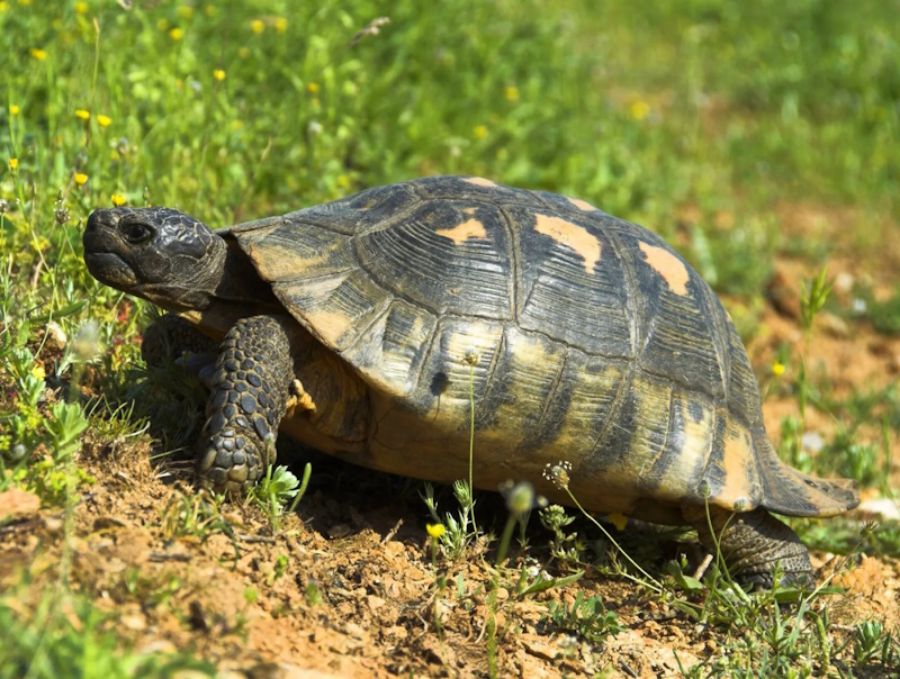
What to feed herbivorous tortoises?
If you read my previous post about the maintenance of land turtles, then you already know how to prepare a terrarium and paddock for them. Now it's time to discuss the diet of turtles from the Mediterranean. In this post you will learn what to feed herbivorous land turtles to ensure their long life in health and great condition.
What do tortoises feed on in nature?
The correct diet of herbivorous turtles from the Mediterranean region is based on a diverse mixture of grasses, herbaceous plants and flowers. It is a food that they feed on in the wild and their digestive systems are adapted to such food. The diet must be typically vegetarian, without the addition of protein of animal origin. It happens in nature that a herbivorous turtle feeds on carrion or a small invertebrate. However, these are extremely rare situations. Therefore, most of the food of herbivorous turtles should be vegetable fiber.
What to feed herbivorous tortoises at home?
In captivity, turtles should be fed with herbaceous plants, flowers and grasses. So, grasses (timothy, Bermuda grass), weeds, herbs and other green plants (dandelion, all varieties of clover, alfalfa, broad-leaved and lanceolate plantain, common rotifers, field bindweed, marigold flower) will be an excellent food. You can also serve arugula, chicory, lamb's lettuce and spices in pots (thyme, basil, oregano, mint).
Remember that natural foods should be supplemented by sprinkling with mineral and mineral-vitamin preparations, such as those in the Tropical offer: Vigorept Mineral and Vigorept Multivit.
Ready-made plant food offered to turtles should be rich in vitamins A and D3 and contain more available calcium than phosphorus. The ideal ratio of calcium to phosphorus should be at least 2:1. The diet should also be low in fats, oils, proteins, thiocyanates and oxalates. Such features are characterized by Tropical foods intended for herbivorous turtles: Biorept L and Reptiles Herbivore.
What to avoid in the diet of tortoises?
The natural environment in which these animals live forced them to feed on plants poor in water, e.g. prickly pear, thistles, etc. Therefore, avoid water-rich foods, such as tomatoes or fruits, which cause excessive activity of the intestine. Fruits are also rich in sugars, so they should be present in the diet as an additive and given really sporadically. Of the fruits, it is safest to give forest fruits: blackberry, raspberry, wild strawberry, blueberry. Also, avoid plants such as peas and beans. It is unacceptable to give cat or dog food.
The effects of improper diet of tortoises
In the diet should not include protein of animal origin. Overfeeding and improperly arranged diet leads to excessive growths manifested by pyramidization of the shell. On the other hand, mineral-vitamin deficiencies cause metabolic bone diseases – MBD (rickets). For a young, growing turtle, just a few weeks of improper diet can bring irreversible changes in structure. Mineral and vitamin supplementation is extremely helpful here. You should use preparations from proven, trusted manufacturers, such as the above-mentioned Vigorept Mineral and Vigorept Multivit. In addition to calcium, the most important is supplementation with vitamin D3 and K2, conditioning the absorption of calcium from the gastrointestinal tract into the blood, and then regulating the processes of incorporating calcium from the blood into the construction of bone mass. Preparations introducing an additional amount of phosphorus, which is already enough in the diet, should be avoided.
Literature
de Boer, M., Jansen, L. & Stumpel, J. (2019) Best Practice Guidelines for the Egyptian tortoise (Testudo kleinmanni), EAZA Reptile Taxon Advisory Group
Hatt, J M (2008). Raising giant tortoises. In: Fowler, M E; Miller, R E. Zoo and Wild Animal Medicine Current Therapy Ed. 6. St. Louis, 144-153
Jill Martin Fund, A. C., Highfield, N. (2008) Taking Care of Pet Tortoises, The Tortoise Trust



